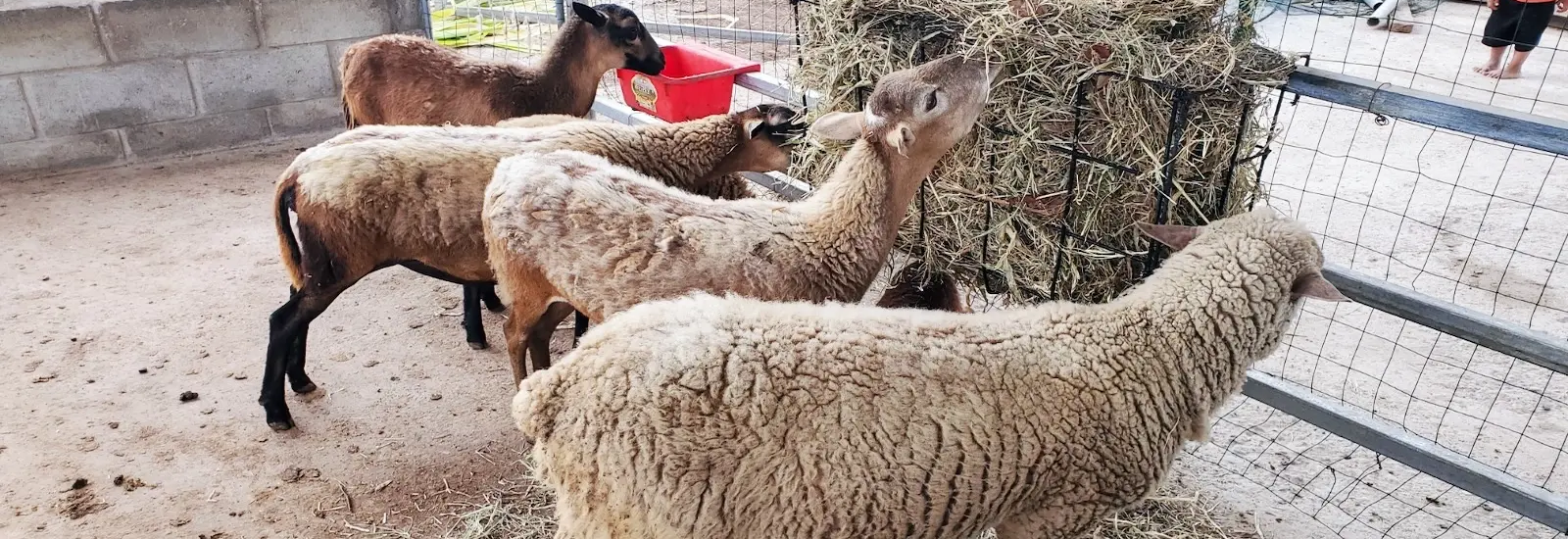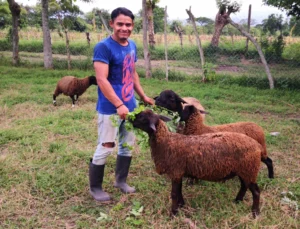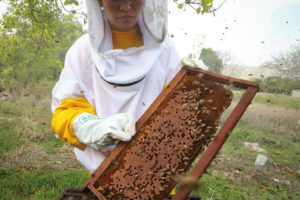Description
Owning a sheep serves as a good source of protein to help a family achieve food security through the nutritious meat provided. Pregnant sheep are able to produce numerous calves, which can serve as a source of income for a family.
Food security and dietary diversity
Sheep provide a valuable source of protein through their nutritious meat, which is essential for addressing malnutrition and ensuring food security within the family. Additionally, sheep milk is rich in proteins, vitamins, and minerals, offering an alternative source of nutrition. By consuming sheep meat and milk, the family can achieve dietary diversity, improving overall health and well-being.
Income generation
Raising sheep provides a reliable source of income for families. In addition to selling lambs for meat, they can also profit from selling sheep milk or dairy items like cheese, yogurt, or butter. By offering a range of products, the family’s livestock business gains value, ensuring a steady income and financial security. Additionally, selling wool from the sheep can further boost their earnings, particularly if the family is involved in crafting or textile making.
Resilience and sustainable livelihoods
Sheep farming can improve a family’s livelihood, particularly in rural areas prone to agricultural and climate challenges. Sheep are adaptable animals that can thrive in various environmental conditions, including regions with limited resources or harsh climates. As a result, they offer a reliable source of sustenance and income even during periods of agricultural downturns or natural disasters.
Why Support our new Pilot Inititaive
A Mercado Global handbag isn’t just an accessory—it’s a meaningful gift that represents hope and resilience. When you shop on our website you're making the statement that poverty isn't inevitable.
Every purchase helps create a stable economic environment within impoverished communities, which can lead to food security and reduce dependency on aid. It’s an investment in breaking the cycle of poverty through fair trade practices that uplift entire communities.
Each handbag is a unique piece of art, handcrafted by skilled artisans who draw on traditional techniques passed down through generations. This supports cultural preservation while giving artisans a source of pride and financial independence.

Flora Petite Crossbody in Turf Moss

Flora Petite Clutch in Lavender Maple

Mini Lily Wristlet in Cream Soda
Handbags are ethically crafted, prioritizing fair labor practices and sustainable production. With each purchase, you’re helping prove that we can tackle poverty through sustainable community development.
Buying a Mercado Global handbag provides sustainable income for artisans in marginalized communities, directly helping them support their families. By working part-time, artisans can make up to $8 a day, which is enough to lift themselves out of poverty over the course of a few months of engagement.
By shopping with us, you’re supporting a test initiative designed to demonstrate that we can build a sustainable, closed-loop system between our micro-enterprise programs and an online marketplace. If the test is sucessful we'll be able to scale up our programs.







